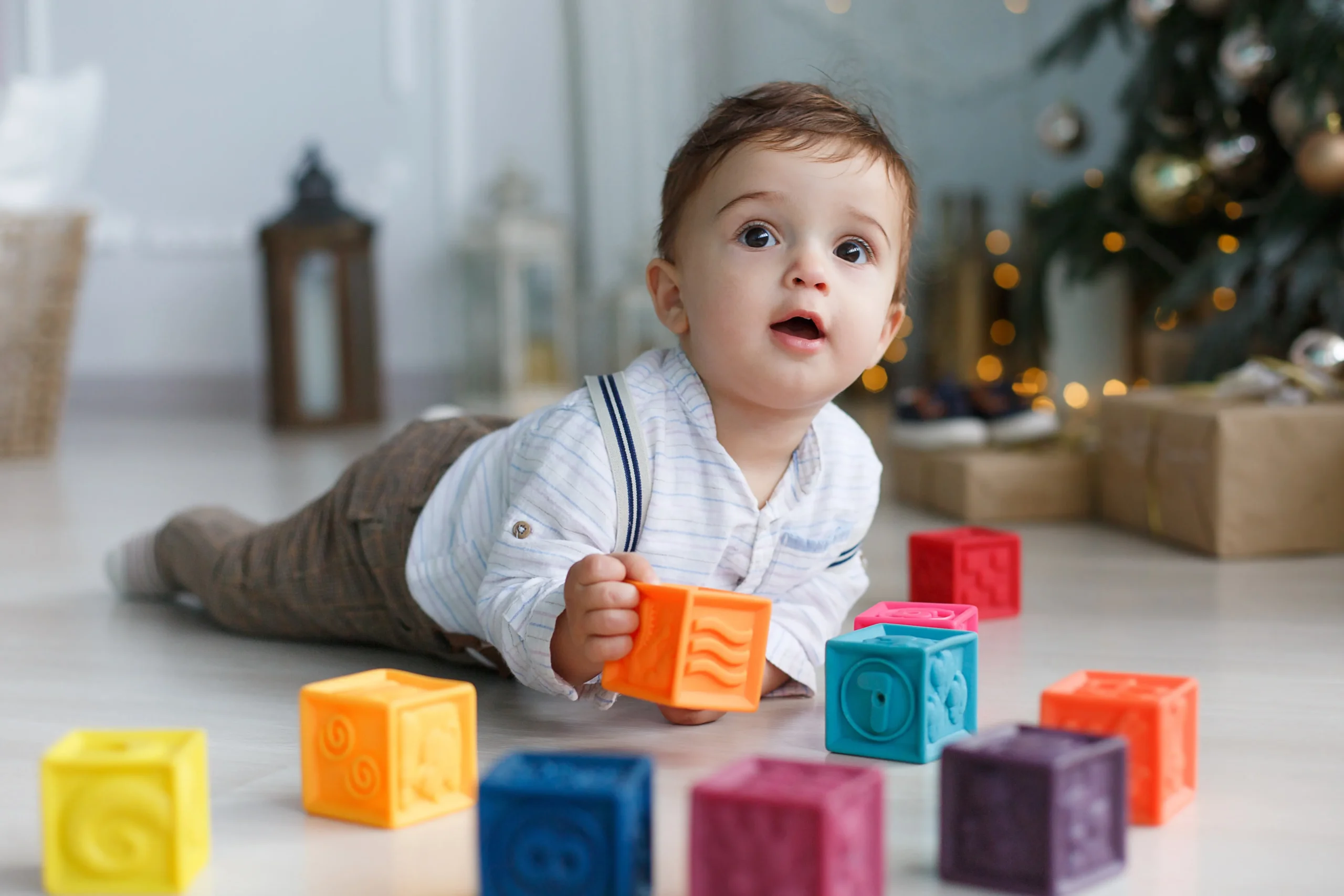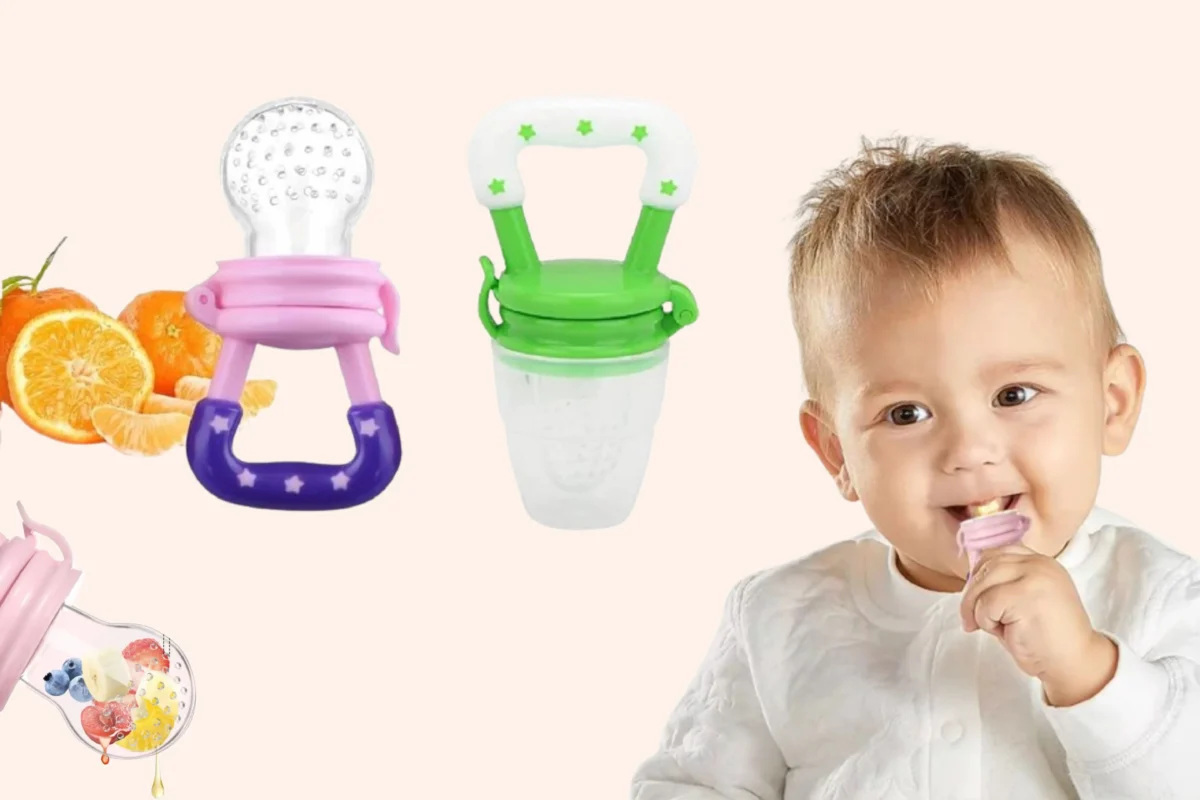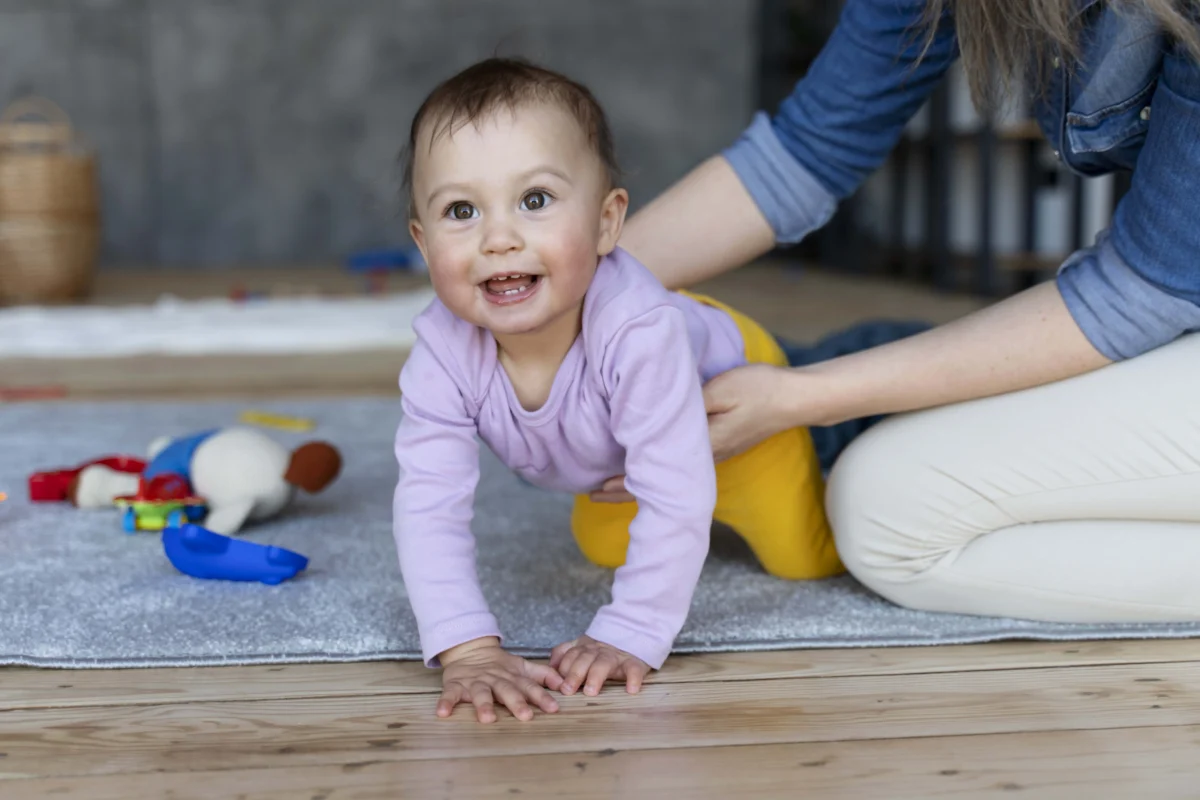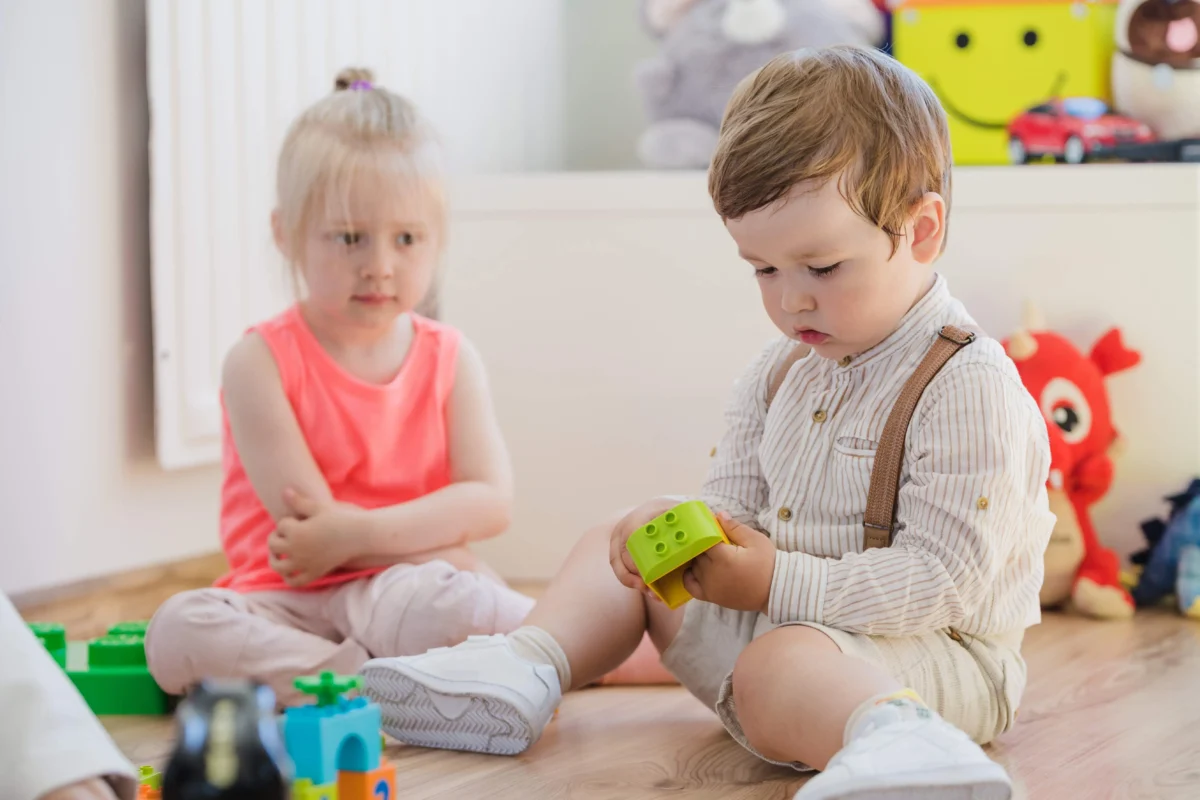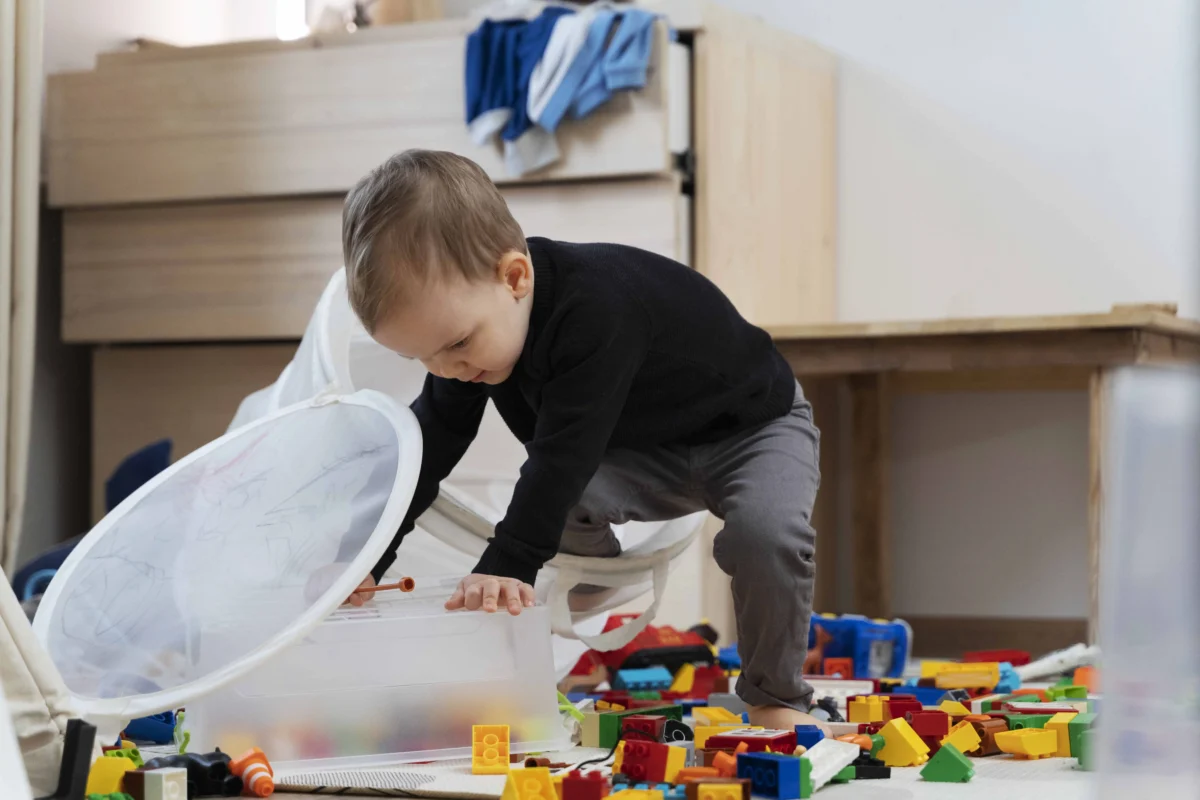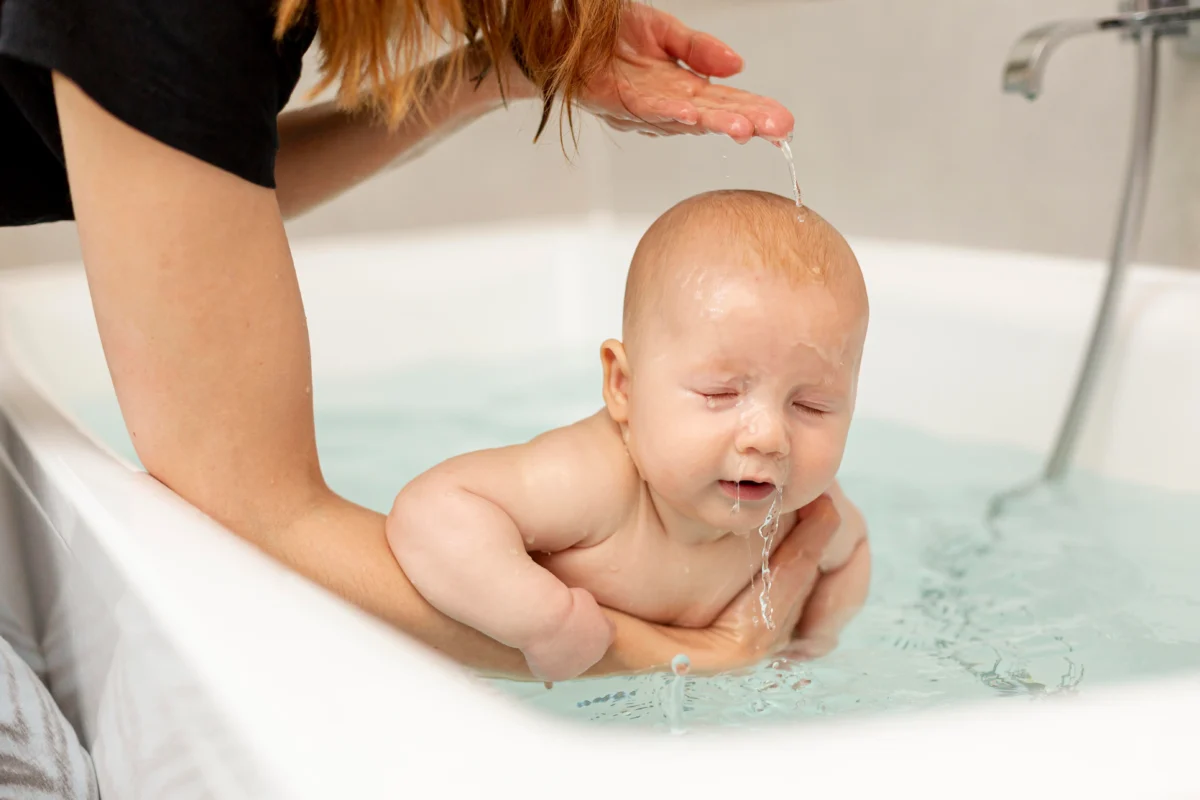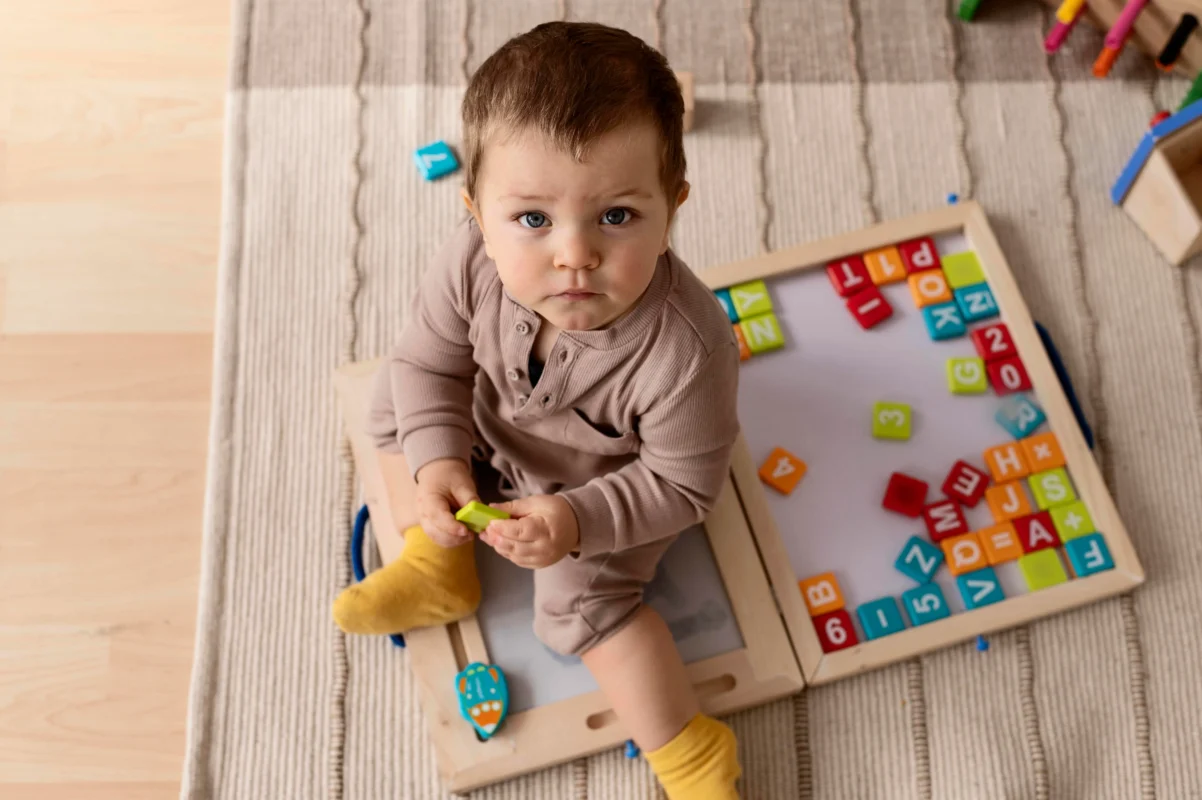Playtime is more than just fun and games for your little baby; it’s a crucial aspect of their growth and development. From the moment they are born, babies are learning and interacting with the world around them. Playtime provides the perfect opportunity for them to explore, learn new skills, and develop both physically and mentally. In this article, we’ll explore why playtime is so important for your little baby and how you can make the most of these precious moments.
Why Playtime Matters
1. Physical Development
Playtime encourages your little baby to move, helping to develop their motor skills. Simple activities like reaching for toys, crawling, and eventually walking, all contribute to strengthening muscles and improving coordination. Physical play helps babies gain control over their bodies and build the foundation for more complex movements as they grow.
2. Cognitive Development
Through play, babies learn about cause and effect, problem-solving, and the basics of physics. When your baby stacks blocks or fits shapes into a sorter, they are developing critical thinking skills and understanding how the world works. These early cognitive experiences are crucial for their intellectual development.
3. Social and Emotional Development
Playing with your baby provides a unique opportunity for bonding and nurturing emotional connections. Interactive play helps babies understand social cues, develop empathy, and learn to express their emotions. Activities like peek-a-boo or playing with other children teach them about turn-taking, sharing, and interacting with others.
4. Language Development
During playtime, talking and singing to your little baby helps them develop their language skills. Narrating your actions, describing objects, and reading books all expose your baby to new words and sounds, which are essential for language acquisition. Interactive play also encourages babies to babble and eventually form words and sentences.
Types of Play for Different Stages
1. Newborn to 3 Months
In the early months, babies are primarily learning through their senses. Soft toys, mobiles, and gentle music can stimulate their sight and hearing. Tummy time is also essential at this stage to strengthen their neck and shoulder muscles.
2. 3 to 6 Months
As babies gain more control over their movements, they enjoy activities that allow them to reach, grasp, and kick. Toys with different textures, rattles, and mirrors can captivate their interest and encourage exploration.
3. 6 to 12 Months
By this age, babies are becoming more mobile. Crawling, standing, and even taking their first steps are exciting milestones. Push toys, balls, and interactive books are great for this stage. Encouraging independent play while supervising helps build confidence and autonomy.
Tips for Enhancing Playtime
- Follow Your Baby’s Lead: Let your little baby choose what interests them. This fosters independence and keeps them engaged.
- Create a Safe Environment: Ensure the play area is safe and free from hazards so your baby can explore without restrictions.
- Incorporate Different Sensory Experiences: Use toys and activities that engage all senses, like textured toys, musical instruments, and colorful books.
- Be Present and Interactive: Engage with your baby during playtime. Your interaction and attention are invaluable for their development.
Conclusion
Playtime is an essential part of your little baby’s development. It supports physical, cognitive, social, emotional, and language growth. By providing a safe, stimulating environment and engaging with your baby, you can make playtime both enjoyable and educational. Remember, the time you spend playing with your little baby is not only beneficial for their development but also strengthens the bond you share. Embrace these moments and watch your little one thrive.
By understanding the importance of playtime, you can ensure your little baby has the best start in life, laying the groundwork for a bright and healthy future.

